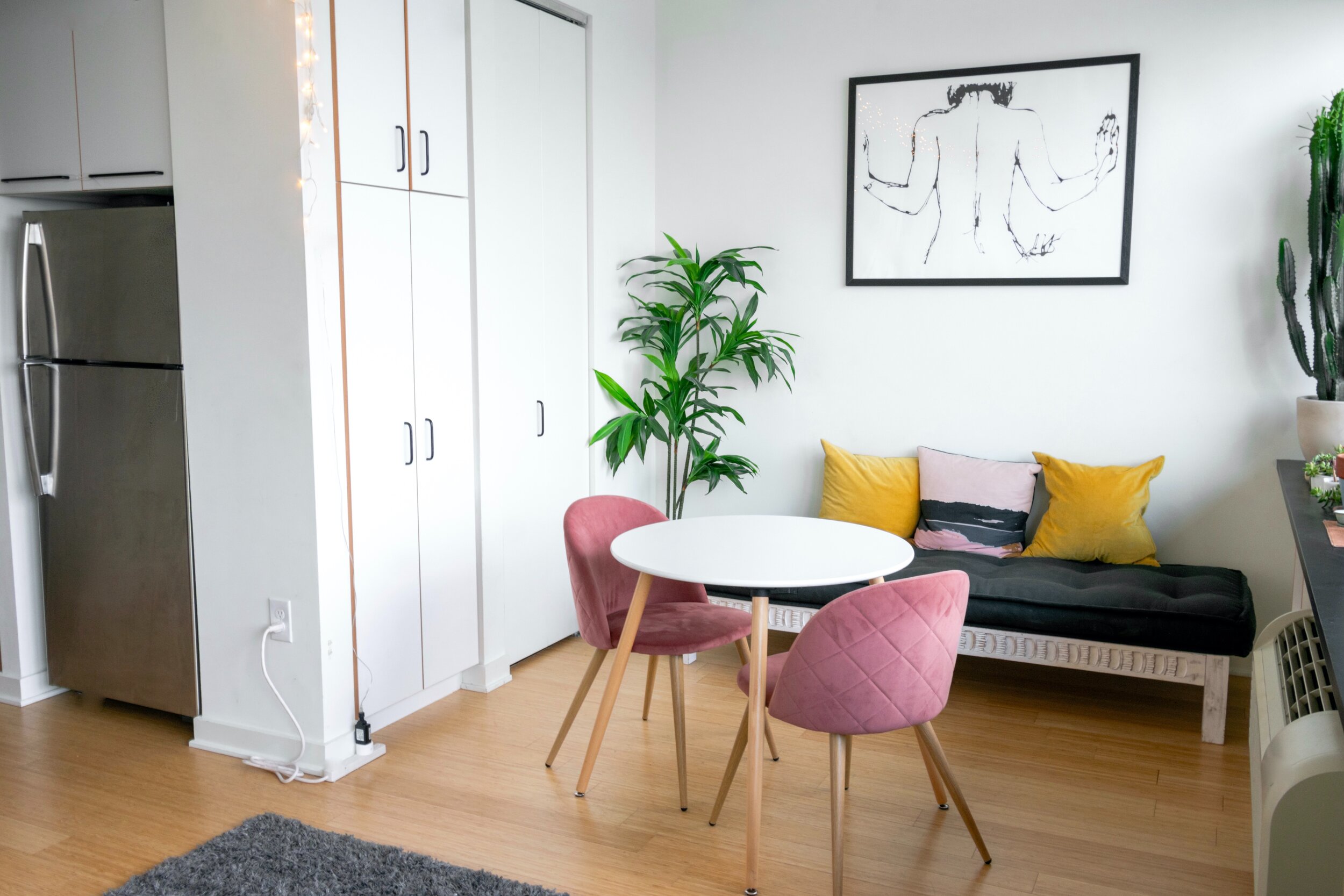If you're in the market for a home or own one already, you've likely heard person after person (including me) talk about today's low interest rates on mortgages, and how these rates increase your purchasing power.
But low interest rates only help you if you can get a loan, either as existing owner refinancing or a purchaser with enough income/liquidity to appeal to both a bank and a seller reviewing multiple offers.
Unfortunately, the biggest thing that low interest rates have done is increase the wealth gap between the haves and the have nots. There are, of course, positives, but the law of unintended consequences is at it again, showing us the dark side of incredibly cheap borrowing.
What’s The Deal
Historically, mortgage rates have been as high as 16%, making your monthly payments significantly higher. The higher the interest rate and payments, the less home you can afford, since your monthly cost is one of the most important factors when purchasing.
In response to the 2020 COVID crisis, the Federal Reserve dropped interest rates to basically zero. While mortgage interest rates are not directly connected, they're loosely correlated, and dropped below 3% in late 2020. While they've increased slightly, they're still incredibly low. This has been lauded as great news for people trying to attain the American dream of home ownership.
But first time homebuyers aren't the only ones capitalizing on these loans: existing homeowners are refinancing their own loans, and major developers/landlords are buying up investment properties with this "free money."
As we saw with PPP loans, banks prefer to do business with people they're already connected to, especially those with shittons (technical term) of cash/assets. It's hard not to think they'll prioritize working with someone who has multiple mortgages/products with them over a first time homebuyer when interest rates are so low that it isn't a lucrative product for them. That's why we believe we saw the "bottom" of mortgage rates in December; at a certain point banks won't go any lower because it's not worth it to them to lend at 1% (again, this is relevant to the PPP loan debacle).
So how is this playing out?
1. Homes are becoming more expensive
Low interest rates led to more people purchasing, hence more demand, and also reduced supply because a lot of people chose to refinance and stay rather than sell and downsize. This is driving up prices.
2. Low-liquidity buyers are being shut out
If you only have 10% (or even 20%) down, you're not going to be competitive in a multiple-bid situation, for a host of reasons including the appraisal. And banks are overrun so they're tightening their lending standards.
3. This is increasing our country's racial wealth divide
Because of actively racist policy including redlining, white Americans own nearly all the property and wealth. These are exactly the people capitalizing on the low rates, while Americans of color get shut out. From Inman, "Again, while lower interest rates were initially a harbinger of hope, the opposite has been happening as intense competition is pushing affordability out of reach."
4. There are a record number of refinances
While not a big deal at face value, this is keeping homes off the market as people choose to refinance and renovate rather than move, and banks are prioritizing these over new mortgages. It's also causing a bottleneck, which can lead banks to pull back on issuing new mortgages, or at the very least cause extended closing delays.
Why Does This Matter?
Because all of this increases inequality, and a deeply unequal country is an unstable one. I know I'm never shy with my opinions, but it's becoming even harder to ignore that 1 in 5 children in the US are being raised in poverty and that nearly half of working Americans have borderline unlivable wages; people cannot afford to pay for housing, expenses, and food, without even accounting for expected inflation. And while the dream of homeownership gets further and further out of reach for much of the country, especially in my generation, rents will likely continue to rise, leading to a situation where we squeeze the "middle class" (lol) more and more until something snaps. I mean, there was an attempted coup and VP assassination attempt in January, so if you don't believe there's something deeply wrong, I wish I had your optimism.
And this isn't even a call for empathy; it's a call for people to recognize that the alternative is a massive swing in the opposite direction. Unnecessary selfishness on the part of landlords was what led to the 2019 rent laws, and unnecessary selfishness by brokers has led to our bad reputation and legislation to reduce our commission. I'm tired of whiplash from swinging from one ridiculous POV to the opposing ridiculous POV.
So what do I want you, the reader, to do? Pay attention and support things that make housing less expensive (like allowing multi-family/mixed use, landmark by BUILDING not by district). Support a social safety net. Push back on anyone telling you that only lazy people are having a tough time.
And if you're in NYC, vote for Kathryn Garcia first and don't rank Eric Adams or Yang.



